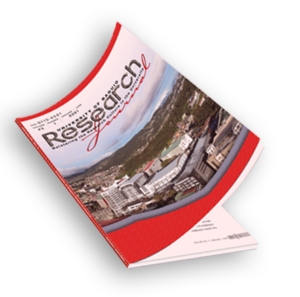
UB Non-Teaching Personnel’s level of agreement with the compressed workweek scheme
ABSTRACT
Organizations worldwide are constantly challenged to costeffectively hire, train and retain their staff. Among the concerns on staff retention is work-life balance (WLB). Employers must foster a culture that promotes the employees’ WLB. A strategy for attaining WLB is the compressed workweek scheme. This descriptive study was conducted to determine the level of agreement of non-teaching employees of the University on the benefits and drawbacks in the implementation of the compressed workweek scheme. The 116 respondents consisted of office staff, laboratory custodians, maintenance personnel, technical support group, deans, principals, office heads, and directors who were employed in the University during the 1st semester of 2018-2019. Majority of the respondents were in favor of the implementation of the compressed workweek and strongly agreed that it increases productivity and efficiency, raises morale, and provides more time for employees to handle responsibility related to community outreach, extension services, and activities outside the workplace. Moreover, majority agreed that the scheme cannot be applied in all departments since longer work hours may result in increased risks of injuries or errors. T-test for independent samples and analysis of variance revealed no significant differences in the respondents’ level of agreement on the benefits and drawbacks of compressed workweek according to gender and age, respectively. Recommendations are made based on the results of the study.
Authors
1 Director, Research and Development Center
University of Baguio, Baguio City Philippines Email: [email protected]
2 Staff, Research and Development Center
University of Baguio, Baguio City Philippines
Keywords
compressed workweek, gender, age, non-teaching personnel, University of Baguio
Issue
University of Baguio Research Journal
Vol. 44, No. 1 | January – June 2020
Published
- February 8, 2021
ISSN Information
(online) ISSN 2945-3321
This work is licensed under
CC BY-NC-ND 4.0

In this issue
Contact Us
- [email protected]
- [email protected]
- (074) 442-3036
- 77 General Luna Road, Baguio City Philippines 2600
